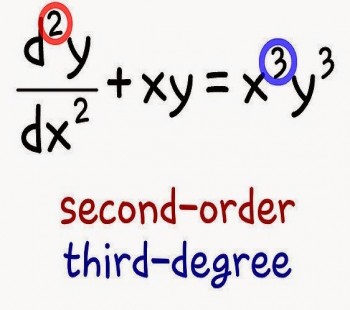Undergraduate projects, as often required, usually have this section where they should review previous studies that share relationships with the project under study. As it is typical with students’ final year projects, this section is often located in the chapter two of the project, the page doesn’t matter. However, some mistakes are very common, some which could be likened to lack of understanding or let’s say the ‘first time syndrome’. Good news is that, this article is meant to point these errors out.
Literature review is the title of a typical final year project chapter two and it involves taking stock of published or unpublished researches of relevant and credible sources mostly from Academics who have done detailed research in related topics and have made conclusions on the findings.
So as a co-researcher, Literature review gives you the opportunity to go through two, three or more of these researches, criticize where necessary pointing out the strengths and weaknesses of the research, raise constructive viewpoints and give significant interpretation where necessary. But sorry to say, not too many final year projects have this deep content in their literature review. Let’s get to see this and other regular mistakes. Shall we;
Regular and common mistake in finalist literature reviews
Little or no need for research
The copy and paste habit prevalent among undergraduate also finds its way into their projects, neglecting the need to read thoroughly the papers under review. This limits the possibilities of citing sensitive and relevant parts of the review that could spice up the literature review.
You need to understand that paying particular attention to every detail in the subject of review gives you understanding of the research direction and profer anchors to hook your own research.
Again, do not make the mistake of over looking the fundamental idea, school of thought and angle of reference the literatures under review carries, those are the message your own project should build on or criticise as the case may be.
Contents/Ideas do not correspond
You know even after your reviews, you’re also expected to reveal a point of significance and agreement with your research yeah? But most of you get it all wrong starting from here.
There are so many published and unpublished academic works out there but you choose to review these few because it share similarities or and ideas with yours. So do well to point them out making sure to quote or paraphrase them with proper acknowledgements done. But if you don’t, it simply means the subject under review has no business with your projects and it doesn’t correspond at all.
Incomplete/Incorrect acknowledgement
While quoting, paraphrasing or referring to any work that is not yours in the course of your literature review, ensure to give a complete and correct acknowledgement. Some institutions rule out guidelines that should be followed doing so.
Neglecting this can result to rejecting or cancelling of your paper by your project supervisor and further result to delay in your research completion.
Inconsistent citation
Watch out for this; your citation may be inconsistent due to oversight. Lets say for instance, the first citation says ( obudu, 2018:15) and citing the same work in a different page you go, ( Obudu 2019:16). That could be taken as an over sight if it happen once but if it keeps interchanging in two or more occasions, it records inconsistency and one can hardly know which to choose as the correct one.
Avoid a subjective review
There is a reason it is called Literature review, your opinion is not needed as a matter of fact. Therefore avoid being subjective in your literature review. Like earlier mentioned, literature review gives you a chance to give a critique on a work that share relationship with your project. You are free to point out loopholes, strengths, findings, research procedures and the significance the research leaves for yours.
Rather than being subjective, give a constructive interpretation and provide the relationship it shares with your project and you’re good.
Concluding note
The key to giving a clear cut and exempting literature review is observation, candid and detailed research, acknowledgement, interpretation and knowing where the hook lies.






